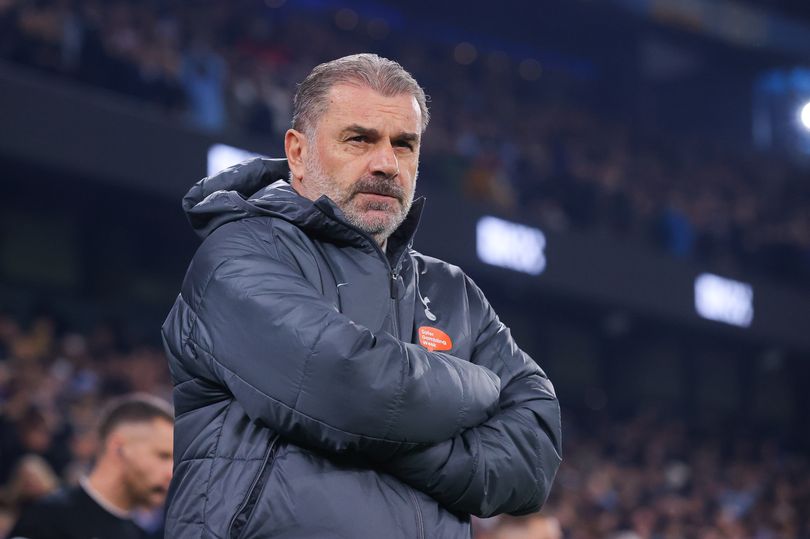The life of a Premier League manager exists under an unrelenting microscope, where every word carries weight and every decision faces scrutiny. Few understand this better than Ange Postecoglou, whose recent Europa League triumph with Tottenham couldn’t completely overshadow the lingering memory of a heated pre-final exchange with journalist Dan Kilpatrick that threatened to define his season.
In the tense buildup to Tottenham’s European final, Kilpatrick’s article posed a provocative question – would defeat render Postecoglou a “clown” after Spurs’ dismal domestic campaign?
The choice of wording ignited a fiery response from the Australian manager during the pre-match press conference, creating headlines that momentarily overshadowed the occasion itself.
Now, speaking candidly on The Lab Podcast, Kilpatrick has revealed the private aftermath of their public spat, offering rare insight into Postecoglou’s character beyond the soundbites.
“I messaged Ange and I apologised,” Kilpatrick confessed, acknowledging his regrettable phrasing. “I remember deliberating over what word to use when writing it. I put ‘clown’ in for effect, trying to make a strong point – but it was a bad decision.”
The journalist admitted the headline treatment exacerbated the situation beyond his intentions, though he stopped short of revealing Postecoglou’s exact response beyond confirming the manager had “moved on” and been “very gracious” in their private exchange.
This incident represents merely the latest chapter in Postecoglou’s complex relationship with the media. Since arriving in North London, the straight-talking Australian has developed a reputation for not suffering fools gladly, often responding to perceived slights with razor-sharp retorts that leave press conference rooms tense.
Where some managers employ media-trained platitudes, Postecoglou’s authenticity frequently leads to combustible exchanges when he feels narratives misrepresent his work.
Critics argue this sensitivity reveals a fragility unbecoming of an elite manager. They point to his occasional testiness as evidence of someone who takes criticism too personally in an industry where thick skin proves essential.
Yet supporters counter that his emotional investment and refusal to play media games demonstrate the very passion that transformed Tottenham’s mentality during their European campaign.
The Europa League victory provided the perfect rebuttal to Postecoglou’s doubters, rendering Kilpatrick’s ill-chosen words instantly outdated.
Yet the journalist’s willingness to publicly reflect on his mistake, coupled with Postecoglou’s private acceptance of the apology, reveals an underlying mutual respect often lost in modern football’s antagonistic media landscape.
This dynamic speaks to a broader truth about Postecoglou’s management style. His occasional prickliness stems not from arrogance but from an almost old-school belief that respect must be earned – by journalists and managers alike.
In an era where soundbites dominate discourse, he demands conversations about his team reflect their actual performances rather than predetermined narratives.
As Tottenham prepare for their Champions League return, this episode serves as a reminder that Postecoglou’s greatest strength – his unvarnished authenticity – comes with occasional turbulence.
The manager who wears his heart on his sleeve will inevitably clash with media members chasing headlines, just as he’ll inevitably win over supporters who value substance over soundbites.
Kilpatrick’s revelation about their private resolution suggests that beneath the occasional public fireworks lies a more nuanced relationship between manager and media – one where heated moments can give way to professional understanding.
For Postecoglou, this ability to move on from conflict while staying true to his principles may prove as valuable as any tactical adjustment as he leads Tottenham into their next chapter.
In the high-stakes world of Premier League management, where every word gets dissected and every defeat overanalyzed, Postecoglou’s uncompromising approach continues to polarize.
But as his trophy lift in Budapest showed, when the final whistle blows, only results truly matter. The rest is just noise – even when that noise includes the occasional ill-advised “clown” reference.

